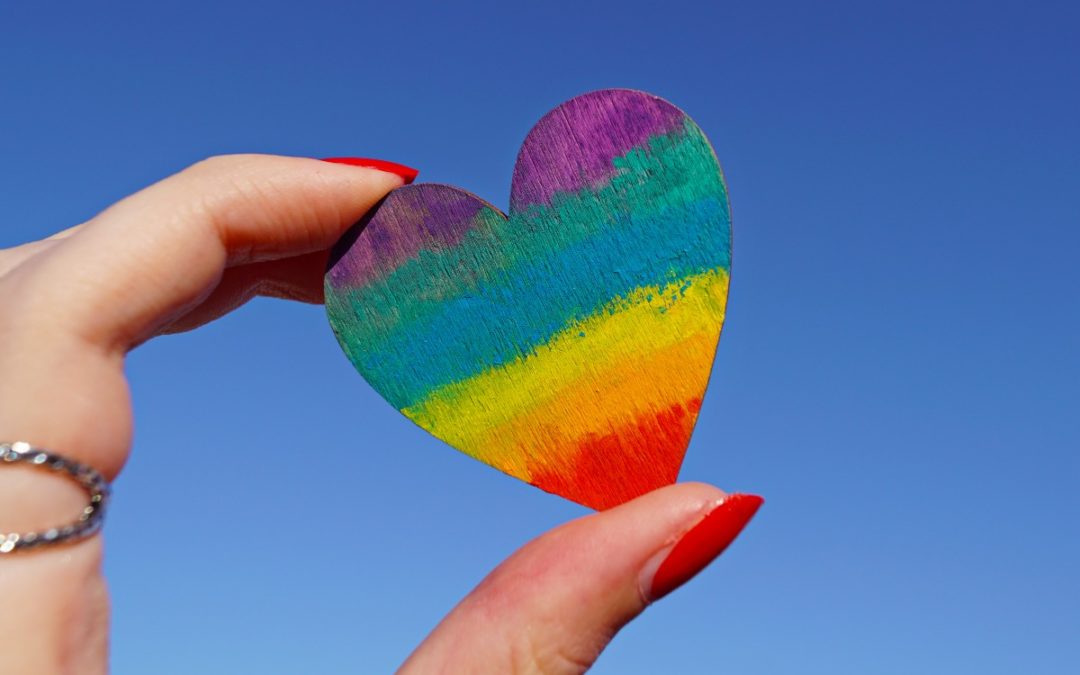The LGBTQIA community consists of people who identify themselves as lesbian, gay, bisexual, transgender, queer, questioning, intersex, or asexual. While the acceptance of these individuals is slowly growing, there is unfortunately still a variety of negative stigmas in place that can affect their daily lives.
Overcoming Negative Stigmas
Dealing with the daily social struggle of being LGBTQIA alongside the negative stigmas of addiction can be overwhelming. While being LGBTQIA does not necessarily have an impact on addiction itself; however, it can compound the stigmas that someone has to face, which can worsen their mental health.
When facing the social stigmas about being part of the LGBTQIA community, many individuals struggle to maintain a healthy emotional state. This may encourage the use of substances to help someone cope, which can lead to an addiction if not properly treated. If you are in the LGBTQIA community, it is especially important that you be mindful of your coping mechanisms to ensure you are not causing more harm to yourself in the future.
Since negative stigmas can often be spread through social media, try to limit your social media usage to a healthy amount and not let media influence your self-image. Understand that media is filled with stereotypes, and do not give it the power to undo the progress you have made.
Put Your Skills to Use
Although you have worked through the recovery process as a member of the LGBTQIA community, you will likely still encounter a variety of stigmas in your post-treatment life. It is important to use the coping mechanisms you have learned throughout recovery to help you overcome the social stigmas that may arise from being a member of the LGBTQIA community and having gone through substance abuse treatment.
Not preparing for these issues or not having the skills to properly handle them can increase your potential of relapsing. Relapses often occur when the progress you have made seems to no longer be worth it to you or when you feel that a slight adjustment to your successful routine will not come with any consequences. Reengaging with substance use to escape the negative emotions that may arise from the judgmental thoughts of others is something to be mindful of and avoid at all costs.
Using your coping skills is essential when you encounter stigmas after treatment. The healthy alternative coping mechanisms that you have gained in recovery can help you overcome these safely.
Consider Your Social Groups
The social circles you choose to engage with during and after recovery can have a large influence on the long-term success of your ability to maintain sobriety. Socializing with individuals who accept you, want the best for you, and encourage you to maintain your recovery goals can have a very positive impact on your recovery. As you face the social stigmas of being LGBTQIA, having peer support becomes even more important.
It can be very helpful to have a strong support system that encourages you about your recovery goals and your sexual and gender identity. Take the time to observe your social circle and determine if the individuals you currently engage with are helping or hindering your recovery. This will make it possible for you to make any changes that are necessary in your relationships. Being engaged in a supportive community can help you to overcome outside stigmas and have the confidence to be your true self.
Be Aware of Your Mental State
Some individuals will experience a greater level of negative stigmas than others. If you find that you are struggling to overcome these societal judgments, it is important to observe the state of your mental health without judgment. By implementing the techniques you have learned throughout recovery, you should be able to assess your emotions and reach out for help when needed.
The potential risk of suicide and the development of severe depression is increased by 42% within the LGBTQIA community. The rate of suicide risk is also increased for individuals struggling with an addiction. Although the risk of contemplating suicide often goes down after completing recovery, it is still important to be aware of your potential risk. If you find you are struggling with your mental health, it is important to ensure you are taking care of your personal needs and doing everything you can to maintain a healthy state of mind. It is also important to reach out for support as soon as you feel you might need it. Supportive friends or family members, LGBTQIA groups, and the staff or alumni of your treatment center should be more than happy to help.
Overcoming addiction and dealing with the social stigmas that may arise after recovery can be stressful. Adding the negative stigmas of being a part of the LGBTQIA community to that stress can make this stress even worse. As you adjust to your everyday life after recovery, these social stigmas can impact your ability to transition the skills you learned through recovery into your life now. Ensuring you have a positive support group to help push you forward can keep you on the path to success. Overcoming these social stigmas and working to implement the coping strategies you have developed will help you maintain sobriety. Addressing any mental health issues that arise is incredibly important if you are facing negative stigmas or feeling overwhelmed. To learn more about living after addiction recovery as a member of the LGBTQIA community, reach out to Dream Recovery at (949) 732-1960.


Recent Comments